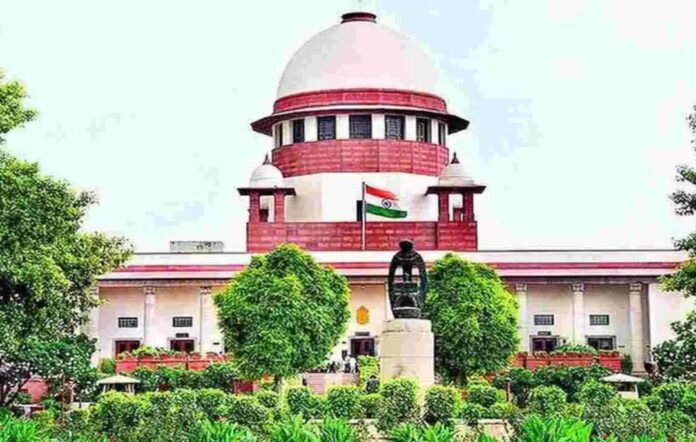The YSR Congress Party (YSRCP) has filed a petition in the Supreme Court challenging the constitutional validity of the Waqf (Amendment) Act, 2025, alleging that it infringes upon fundamental rights and threatens the autonomy of Muslim religious institutions.
In a public statement shared on X (formerly Twitter), the YSRCP asserted that the amended law violates Articles 13, 14, 25, and 26 of the Indian Constitution, which safeguard equality before the law, freedom of religion, and the right of religious denominations to manage their own affairs.
One of the most contentious provisions flagged by the party is the inclusion of non-Muslim members in Waqf Boards under Sections 9 and 14. The party argues that this clause amounts to interference in the internal functioning of Muslim institutions, thereby undermining their religious and administrative independence.
“YSRCP has once again proven its unwavering commitment to the Muslim community by taking a firm stand on this issue,” said Abdul Hafeez Khan, Political Advisory Council Member.
“While other parties chose silence, we chose the path of justice and Constitutional values.”
Khan also challenged the Opposition, specifically the Telugu Desam Party (TDP), accusing it of hypocrisy in its approach toward minority rights.
“TDP claims to support minorities but backs a Bill that dilutes Muslim institutions. Their doublespeak has been exposed.”
Meanwhile, a political war of words has broken out, with Karnataka Minister B Z Zameer Ahmed Khan asserting that the state will not implement the Act. Reacting strongly, Union Minister Pralhad Joshi defended the Centre’s stance.
“For the sake of vote bank politics, some leaders are misleading the people,” Joshi said.
“This law, like the 1995 and 2013 Acts, is passed by Parliament. It is meant to protect Waqf properties, generate revenue, and benefit poor Muslims, not to hurt anyone’s religious sentiments.”
The Waqf (Amendment) Act, 2025 has drawn significant criticism from several Muslim leaders and civil society groups, who allege that it weakens the authority of religious bodies and opens the door to state interference in religious matters. The case now awaits a hearing before the apex court.


